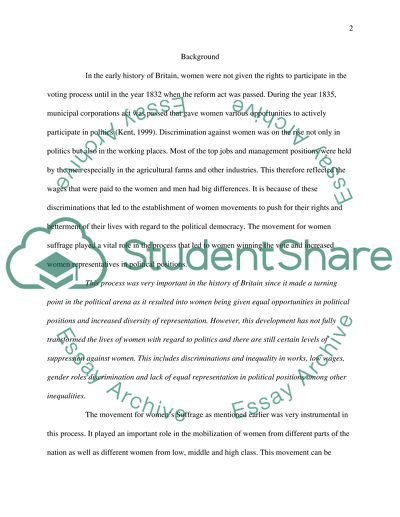Cite this document
(“'Winning the vote made little difference to women's status in Essay”, n.d.)
Retrieved from https://studentshare.org/environmental-studies/1418749-ychwinning-the-vote-made-little-difference-to
Retrieved from https://studentshare.org/environmental-studies/1418749-ychwinning-the-vote-made-little-difference-to
('Winning the Vote Made Little Difference to women'S Status in Essay)
https://studentshare.org/environmental-studies/1418749-ychwinning-the-vote-made-little-difference-to.
https://studentshare.org/environmental-studies/1418749-ychwinning-the-vote-made-little-difference-to.
“'Winning the Vote Made Little Difference to women'S Status in Essay”, n.d. https://studentshare.org/environmental-studies/1418749-ychwinning-the-vote-made-little-difference-to.


